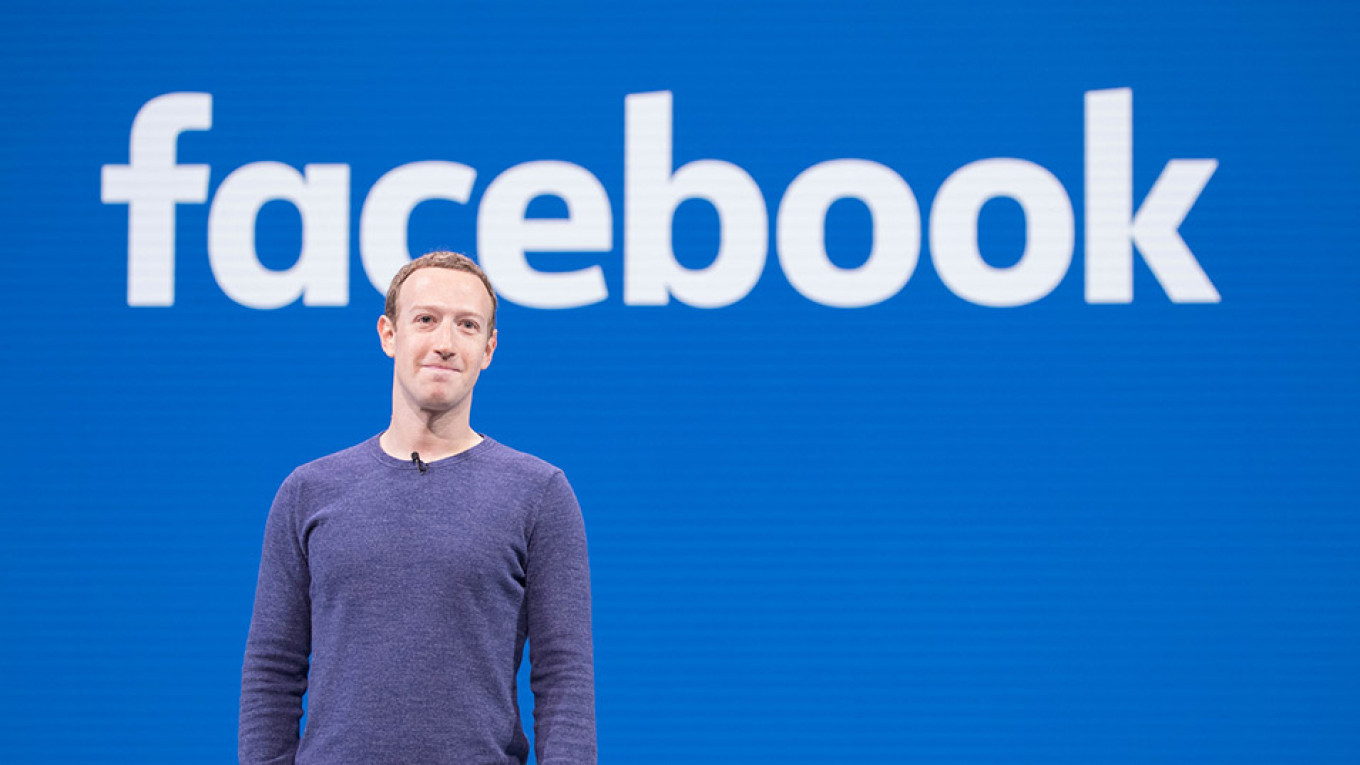
Facebook has started labeling media organizations whose editorial decisions may be under the influence of governments, including Russia, and said it will begin blocking ads from those outlets later this year.
The move comes after Facebook faced scrutiny for failing to stem foreign interference in the 2016 U.S. election and amid heated debate over how the social network handles posts containing misinformation and inflammatory statements, including from U.S. President Donald Trump.
The Kremlin-funded RT broadcaster and Sputnik news agency are among the outlets that will receive labels aimed at informing users about who owns the entities, CNBC reported Thursday.
The RIA Novosti news agency, which together with Sputnik operates under the Rossiya Segodnya umbrella, has also received the label.
RT and Sputnik had registered as foreign agents in the years after the 2016 U.S. presidential election. A U.S. intelligence report described the outlets as arms of “Russia’s state-run propaganda machine” that contributed to election interference measures including hacking and an influence campaign on social media.
An RT spokeswoman described Facebook’s decision to CNBC as “the definition of a technological dictatorship” and “a prime example of the very ‘fake news’ that Facebook is supposedly trying to combat.”
As part of its efforts to protect the 2020 U.S. election, Facebook announced plans in October to begin flagging state-controlled media outlets and content “that has been rated false or partly false by a third-party fact-checker.”
“We believe people should know if the news they read is coming from a publication that may be under the influence of a government,” Facebook cybersecurity policy head Nathaniel Gleicher said in a blog post Thursday.
Facebook later this year will begin adding similar labels to ads by such news outlets, blocking them entirely ahead of the U.S. presidential election in November “to provide an extra layer of protection against various types of foreign influence in the public debate,” according to Gleicher.
Facebook’s definition of state-controlled media includes influence over editorial content as well as financial backing of outlets, he explained.
Labels will appear globally in Facebook’s advertising library and on pages. In the U.S., labels will also appear on posts in News Feeds at the leading social network, according to Gleicher.
“If we determine that there are enough protections in place to ensure editorial independence, we will not apply the label,” Gleicher said.
Facebook said it consulted “more than 65 experts around the world specializing in media, governance, and human rights and development” to establish its policy on state media.
YouTube began in early 2018 identifying channels predominantly carrying news items that are wholly or partly funded by national governments, to help viewers make informed decisions. By mid-2019, the Google company had added the state-funding disclaimer to 26 Russian channels, some of which were accused of spreading disinformation.
AFP contributed reporting to this article.
